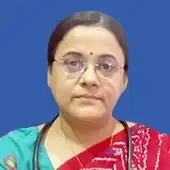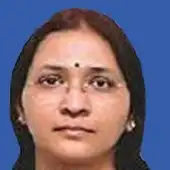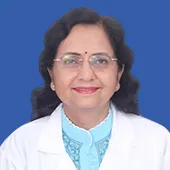We found 5 Gynecologists near you in Indore. You can easily connect with a top Gynecologist in Indore, who can provide advanced treatment and caring support for your Obstetrics and Gynaecology concerns.
Gynecologists near me
5 Obstetrics and Gynaecology doctors in Indore


CARE CHL Hospital, Indore
Rs. 800 Consult Fees

BCM Kokilaben Dhirubhai Ambani Hospital, Indore
Rs. 1,000 Consult Fees

CARE CHL Hospital, Indore

CARE CHL Hospital, Indore
